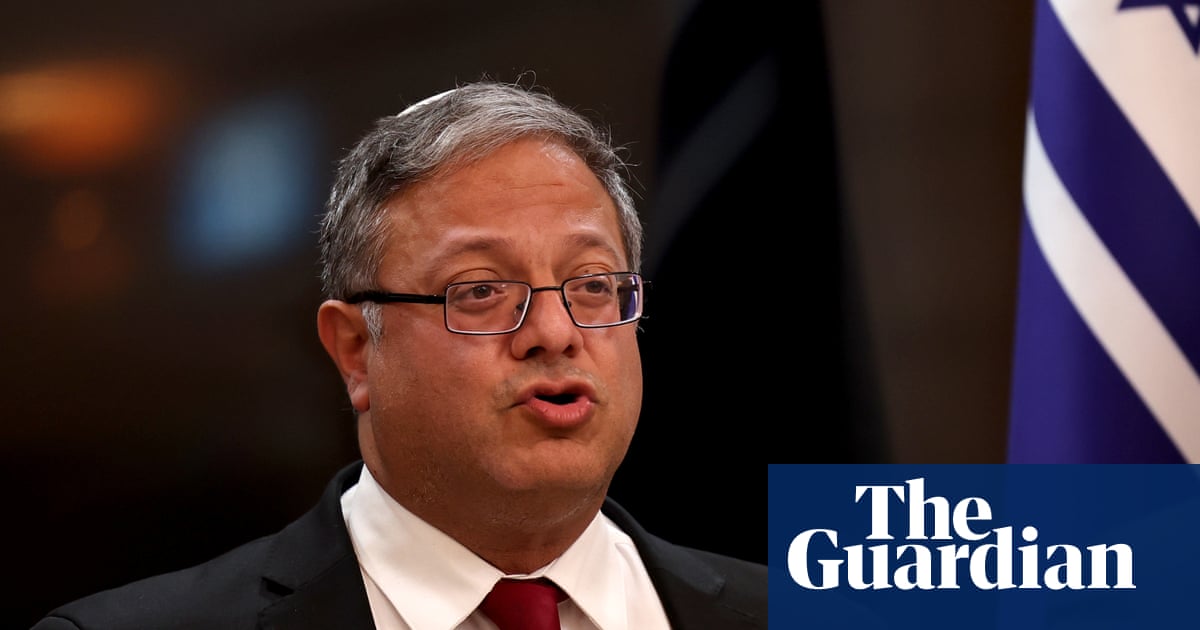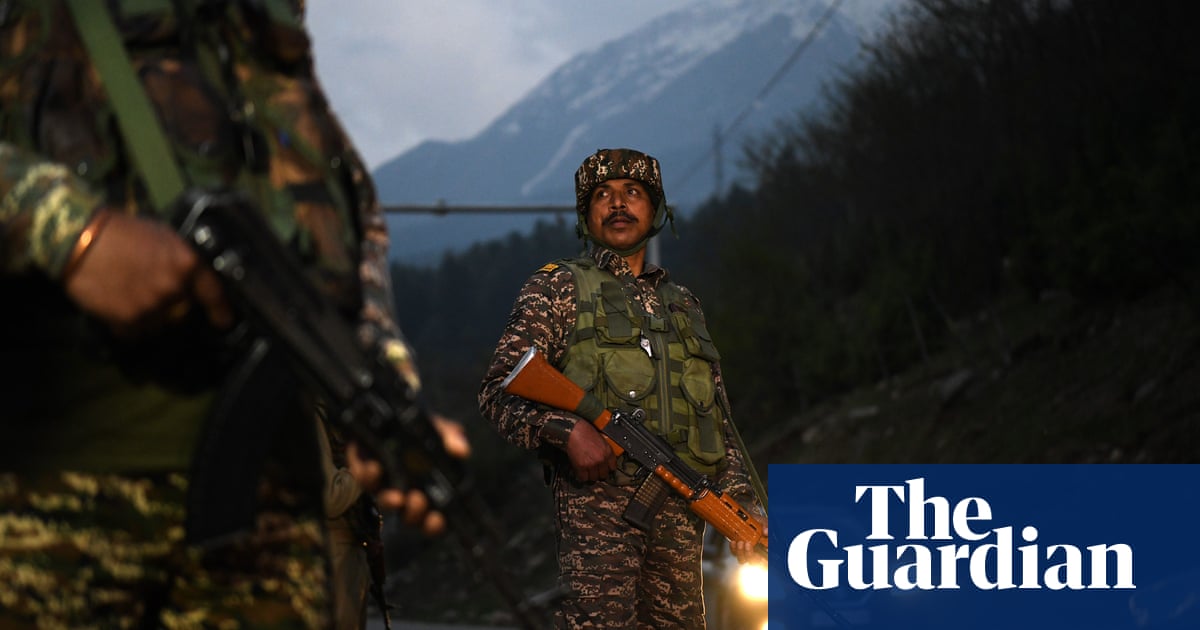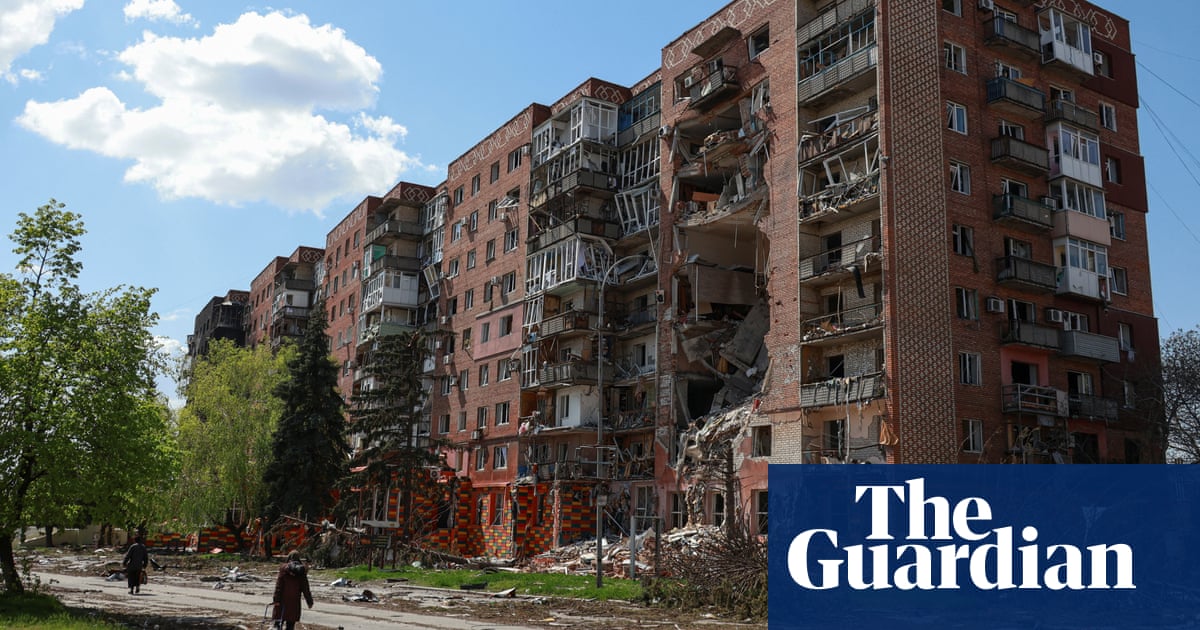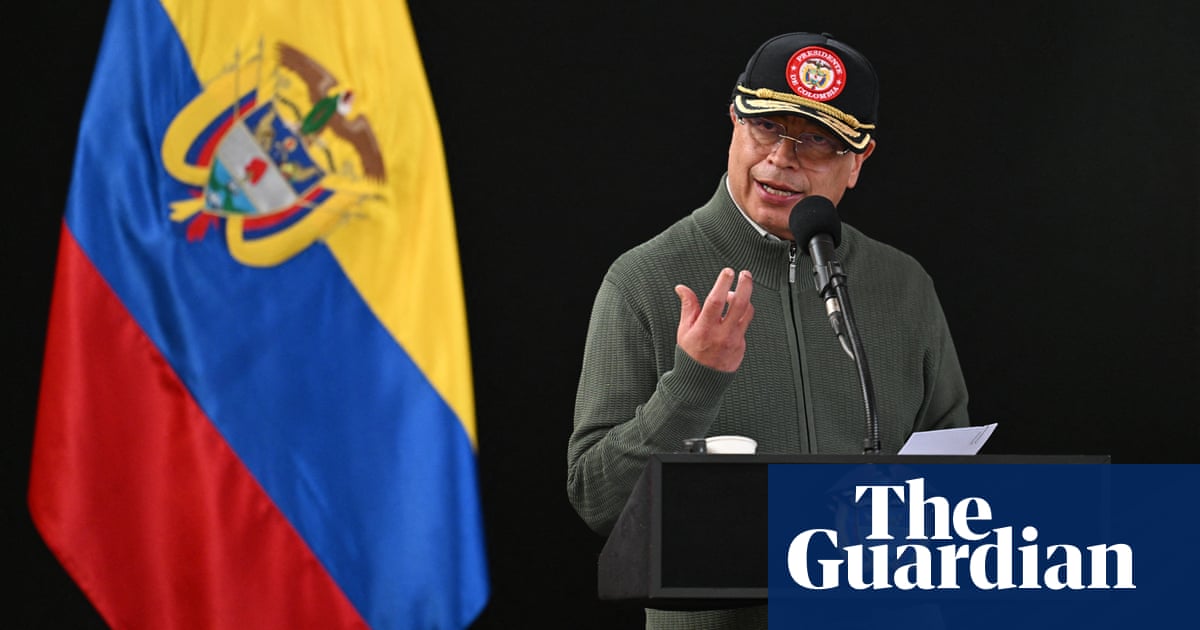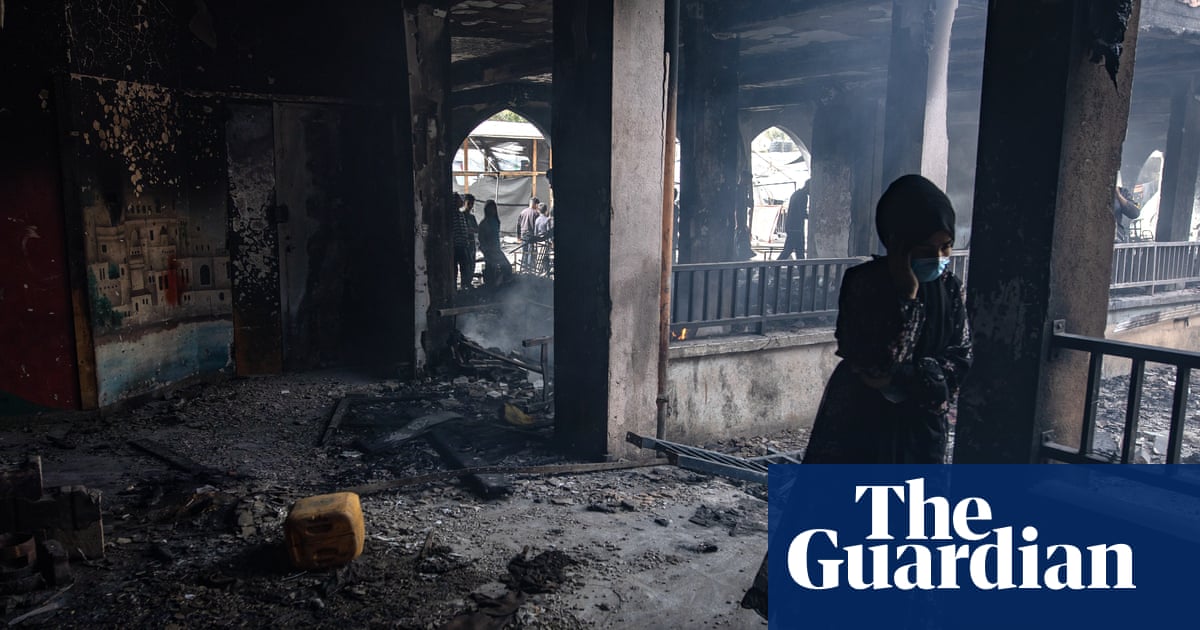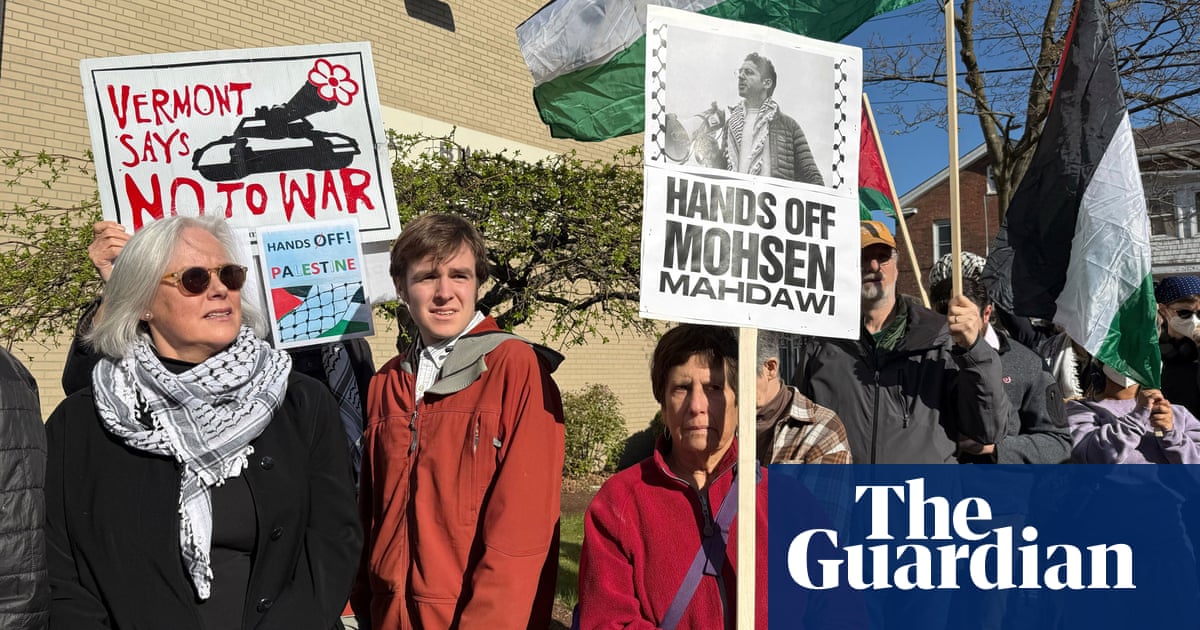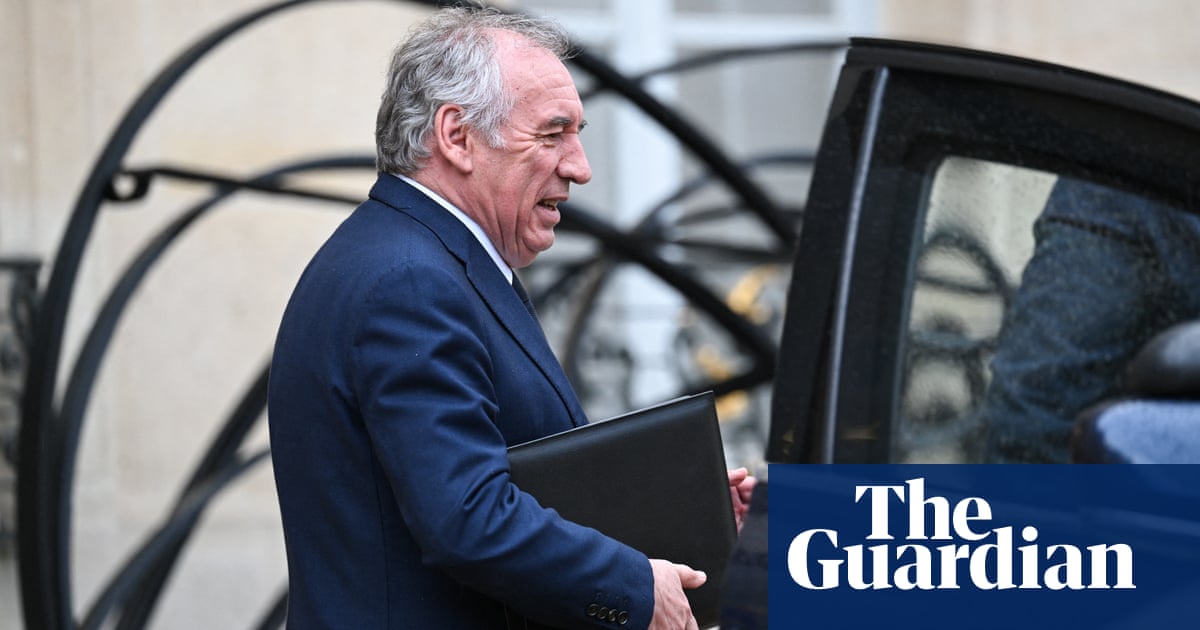Jordan has said it is shutting down the local branch of the Muslim Brotherhood and banning membership of the Islamist political group.
The ban came a week after Jordan said it had arrested 16 members of the Muslim Brotherhood accused of threatening national security by training militants, making explosives and plotting to strike targets in Jordan with rockets and drones.
The Muslim Brotherhood denied any involvement in the alleged plot.
Jordan’s interior minister, Mazen Farraya, connected the ban with the alleged plot, saying members of the group had attempted to “smuggle and destroy large quantities of documents from its headquarters” on the same night that authorities carried out arrests.
Farraya said the Muslim Brotherhood had been “working in secret and undertaking activities that threatened to undermine stability, security and national unity.”.
The Muslim Brotherhood is a political Islamist group founded in Cairo in 1928 that has branches across the Middle East, including in Jordan, Lebanon, Syria and Palestine.
Jordan’s move to ban the Jordanian branch comes after years of a steadily tightening crackdown on the group.
The group’s political wing, the Islamic Action Front (IAF), won 31 out of 138 parliamentary seats in elections last September and it is the largest and most popular opposition organisation in Jordan.
The group has criticised the Jordanian government’s 1994 peace treaty with Israel, which is largely unpopular among citizens, the majority of whom are of Palestinian descent. It also took an active role in demonstrations in Amman, Jordan’s capital, against Israel’s war in Gaza.
Last year, Human Rights Watch criticised Jordanian authorities for arresting and harassing “scores of Jordanians” who participated in the pro-Palestine protests or posted online in support of them.
Jordan’s government has been outspoken against the war in Gaza, expelling Israel’s ambassador and consistently calling for an end to the humanitarian siege on the territory.
Protesters have called for the government to scrap the peace treaty between the two countries, cancel an unpopular gas deal and end all exports to Israel.
The Muslim Brotherhood and its ally in Gaza, Hamas, have seen a surge in popularity among Jordanians since the start of the war. Jordan expelled Hamas’s leadership and shut its offices in 1999, and it views the group’s growing popularity among its own population warily.
Authorities searched the headquarters and branches of the IAF across the country on Wednesday. A week earlier, authorities arrested Khaled al-Johani, the office director of the IAF.
Wael Sakka, the IAF’s general secretary, told the Guardian that the group’s work would continue despite the ban on the Muslim Brotherhood.
“Our party has no organisational link with any other entity and we are in compliance with the provisions of the constitution, the political parties law and Jordanian law,” Sakka said.
Farraya said the government was committed to guaranteeing freedom of expression and political activity in accordance with the law. The country’s cybercrime unit later said publishing anything on social media relating to the Muslim Brotherhood would be met with legal action.
Rights groups have warned of a steady erosion of civic space in Jordan in recent years, with Freedom House downgrading the country from “partially free” to “not free” in 2021 due to its crackdown on civil society.
The passing of a new cybercrime law in 2023 that criminalised speech on social media that “undermined national unity” drew criticism from rights groups.

 4 hours ago
3
4 hours ago
3



